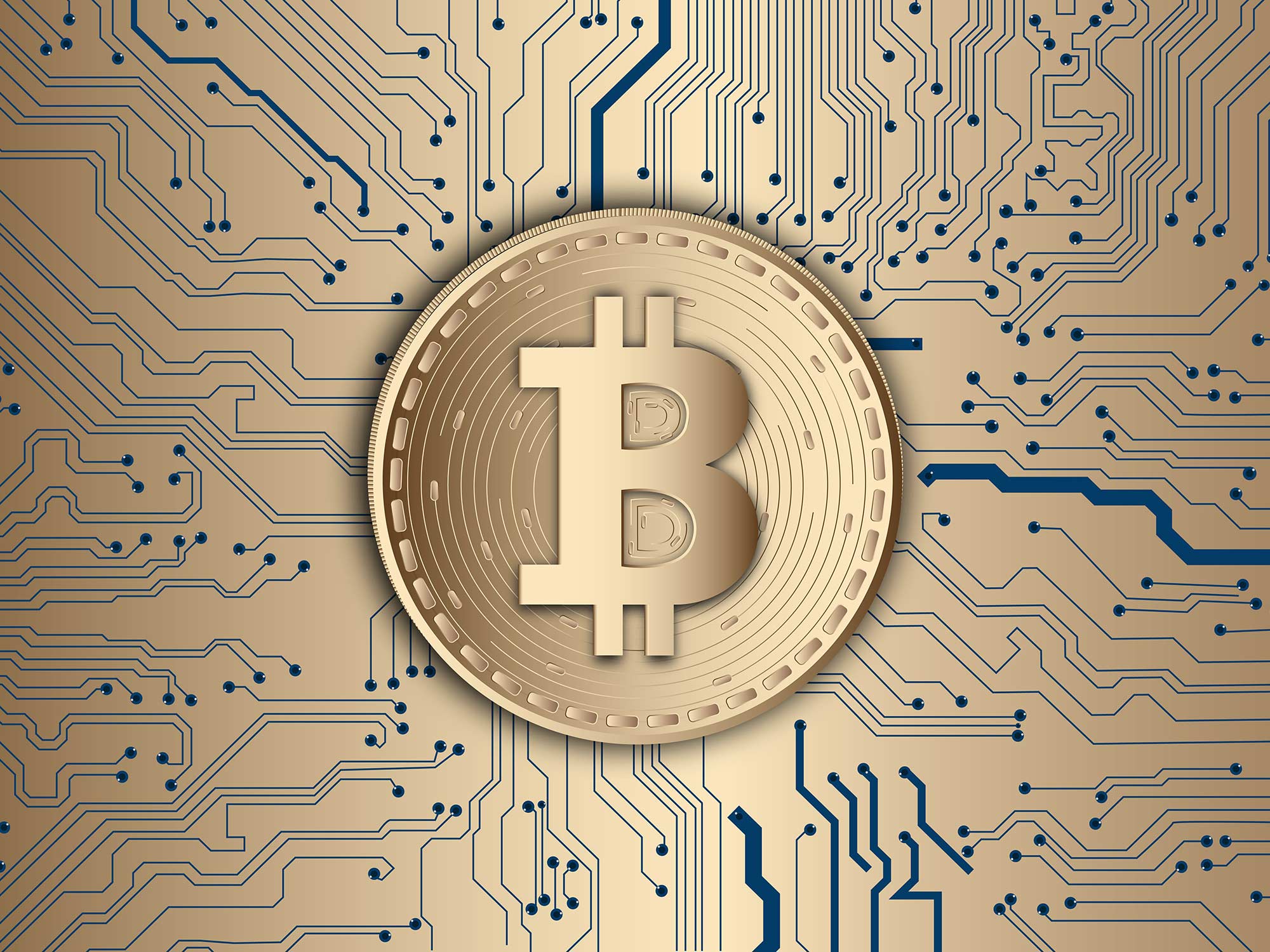Bitcoin is a digital currency protocol which operates free of any central control or the oversight of banks or governments. Bitcoin it relies on peer-to-peer software and cryptography, called a blockchain. It uses the proof-of-work consensus algorithm, which has been known to be resource hungry.
As a public ledger, the Bitcoin blockchain records all bitcoin transactions and copies are held on servers around the world. Anyone with a spare computer can set up one of these servers, known as a node. Consensus on who owns which coins is reached cryptographically across these nodes rather than relying on a central source of trust like a bank.
Every transaction is publicly broadcast to the network and shared from node to node. Every ten minutes or so these transactions are collected together by miners into a group called a block and added permanently to the blockchain. This is the definitive account book of bitcoin. In much the same way you would keep traditional coins in a physical wallet, virtual currencies are held in digital wallets and can be accessed from client software or a range of online and hardware tools.
Bitcoin has a maximum supply of 21 million coins. Bitcoins can currently be subdivided by seven decimal places: a thousandth of a bitcoin is known as a milli and a hundred millionth of a bitcoin is known as a satoshi.



